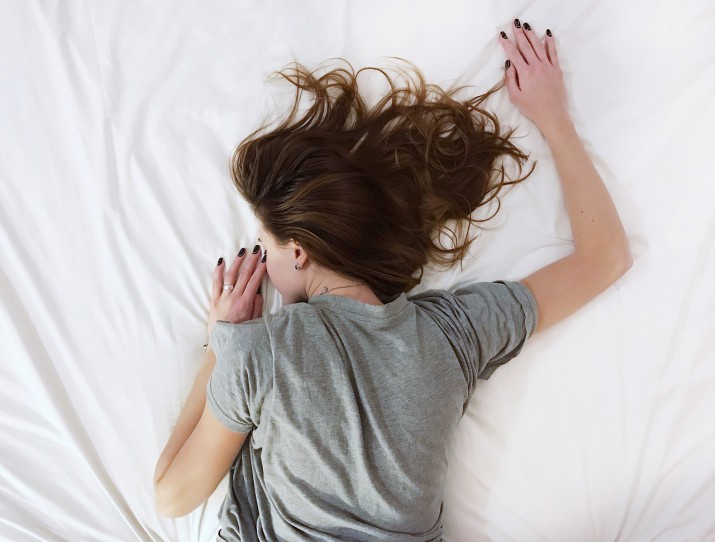We’ve all heard from a young age that sleep is an indispensable optimal health and wellness tool. Sleep deprivation is bad for your health.

Recovery, restoration and overall mental and physical improvement occur during our daily sleep. Without enough hours of deep sleep your muscle gains and workout performance will suffer. You will also notice the detrimental impact of lack of sleep at work and at school.
In today’s blog I will be giving you some statistics about sleep, the negative effects from lack of sleep and some tips to improve your sleep.
“Sleep America” polls have evaluated sleep deprivation in the general population:
• 66% report experiencing sleep problems at least a few nights a week
• Nearly 50% report waking up feeling “unrefreshed” at least a few nights per week
• 42% are awake “a lot” during the night
• More than 25% say they wake up too early and couldn’t get back to sleep and/or have difficulty falling asleep at least a few nights per week
Given that sleep deprivation leads to greater risk of mortality from all causes, the downward trend in total sleep is alarming. A quality night’s sleep is also a necessity for proper brain function, memory formation, and the retention of information. Poor sleep is also correlated with obesity, so sleeping well is one of the most efficient ways to lose weight! Getting just 30 more minutes of sleep each night can be the equivalent of 8 days of additional sleep per year!
The key to improved restful sleep is recognizing the barriers and environmental stimulus that exist around us.
To achieve our much coveted sleep be sure to be mindful of your body temperature, the amount of lighting present in your bedroom, and your pre-bed routines:
· Bedroom should be as dark as possible
· Avoid artificial light from TV screens, cell phones, tablets, and computers
· Set your thermostat to support a cooler than normal 8-10 hour cycle in the evening
· If the above temperature is not achievable be sure to utilize a fan or similar device to optimize air flow and keep your body temperature as cool as possible
· Create a daily book-end relaxation routine during your last 15-30 minutes of the day to help your brain and central nervous system reach a calm and relaxed state
· Avoid alcohol consumption within 2 hours of bedtime. Alcohol is diuretic (water flushing substance) and waking up to go to the bathroom mid sleep can sabotage your sleep cycle. Alcohol often results in an elevated body temperature, which further disrupts sleep even more. If you are going to have that glass of wine, have it earlier!
The above strategies should help immensely in improving your daily sleep patterns and ensure that the hours of sleep you do get will be more meaningful. Re-establishing a healthy circadian rhythm can make you feel more in stride in all areas of life like setting PR’s in the gym, at home and at work.



